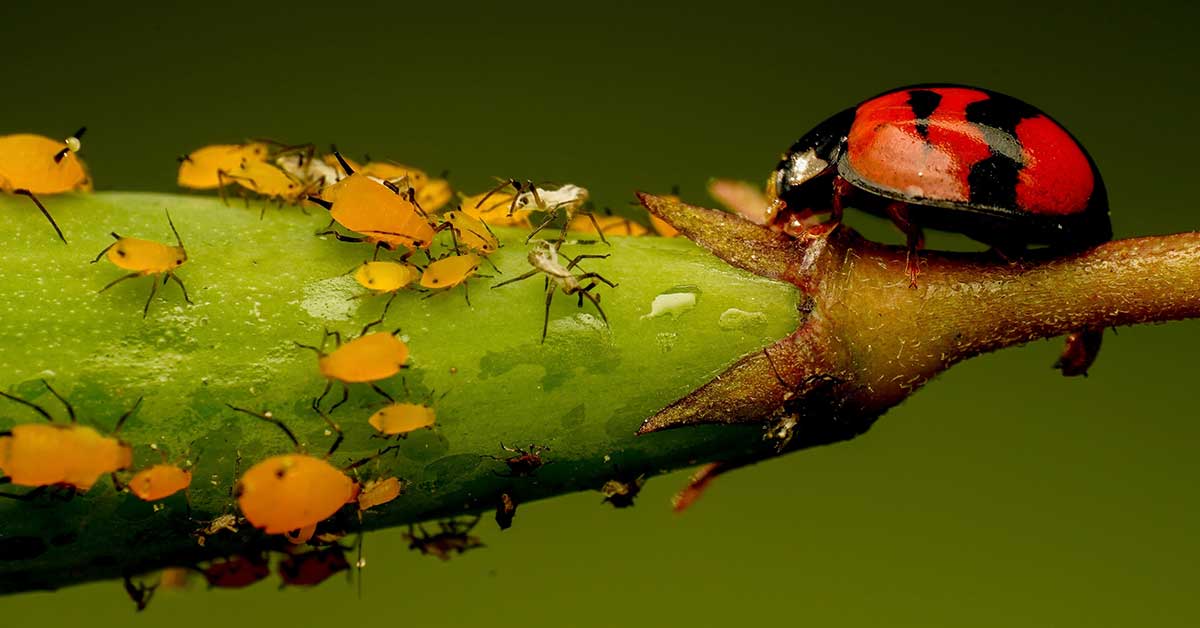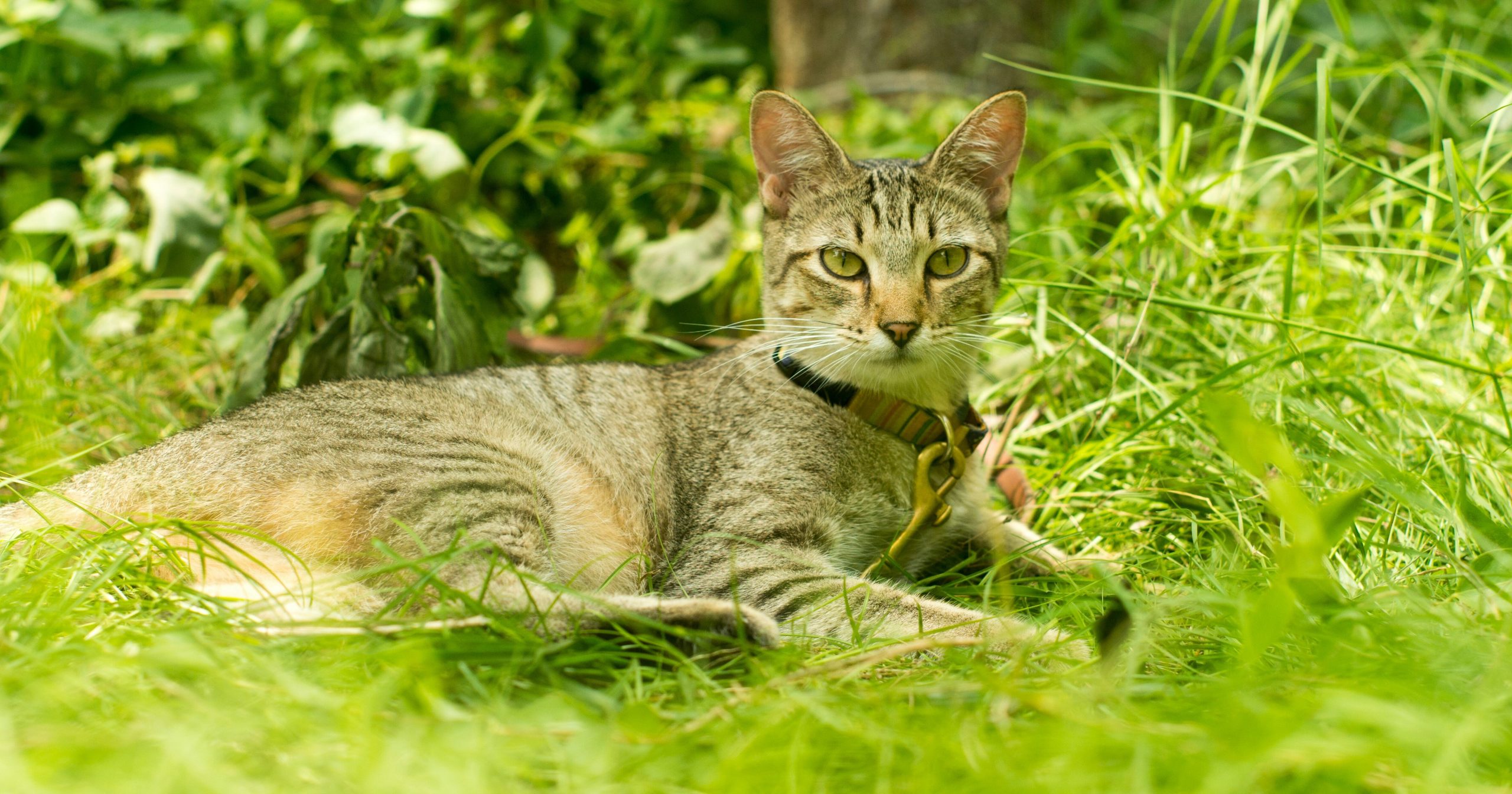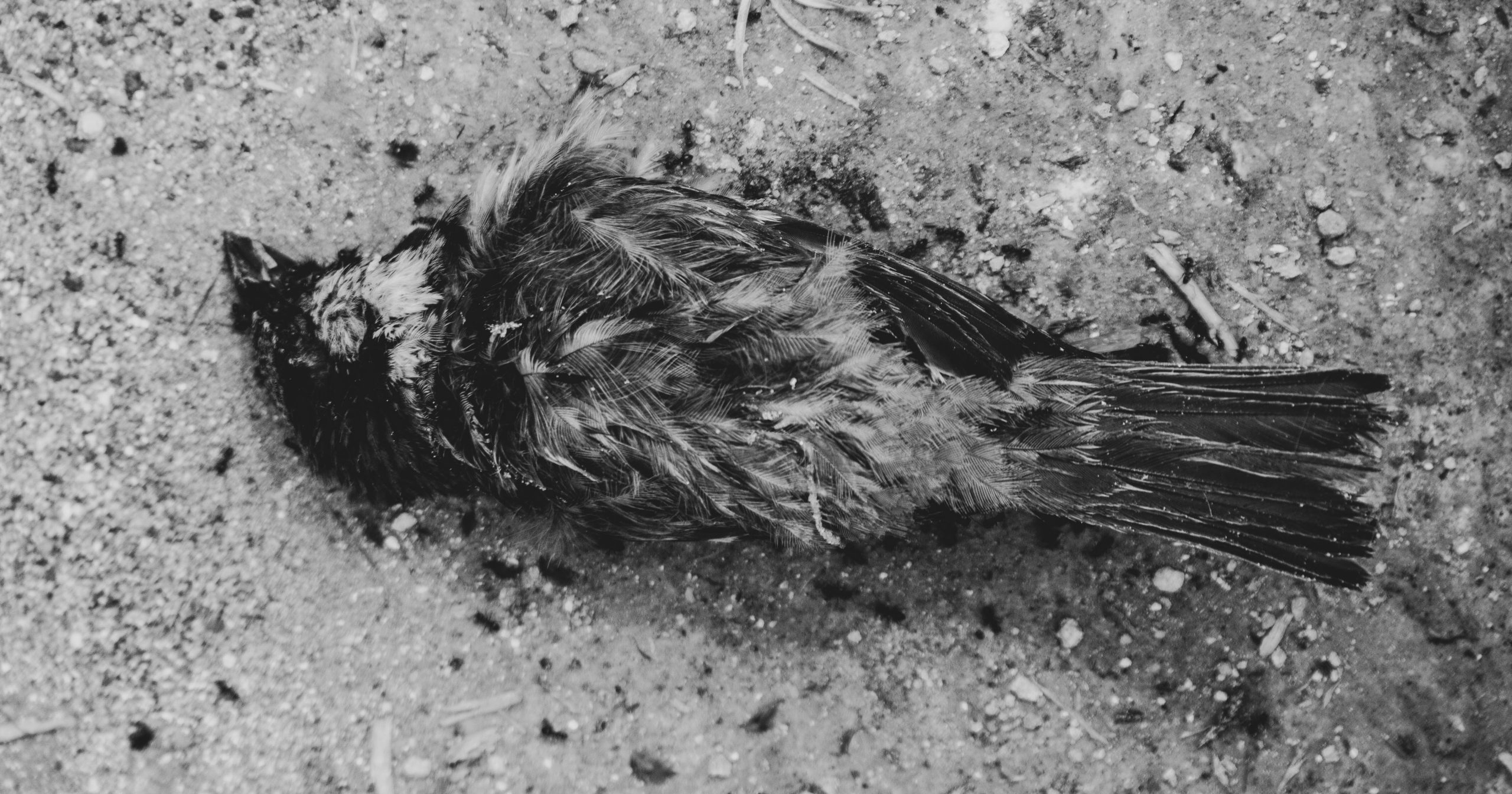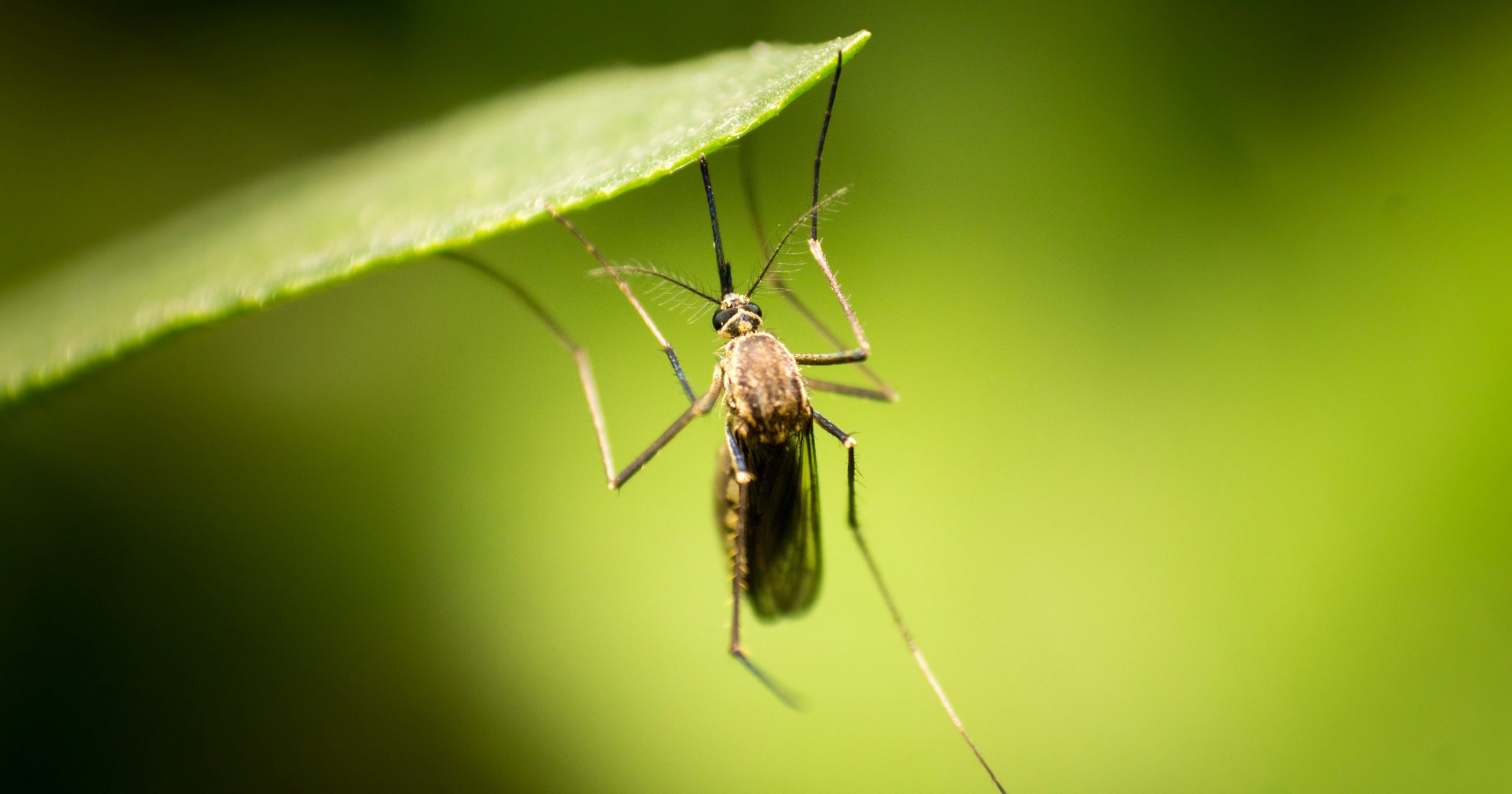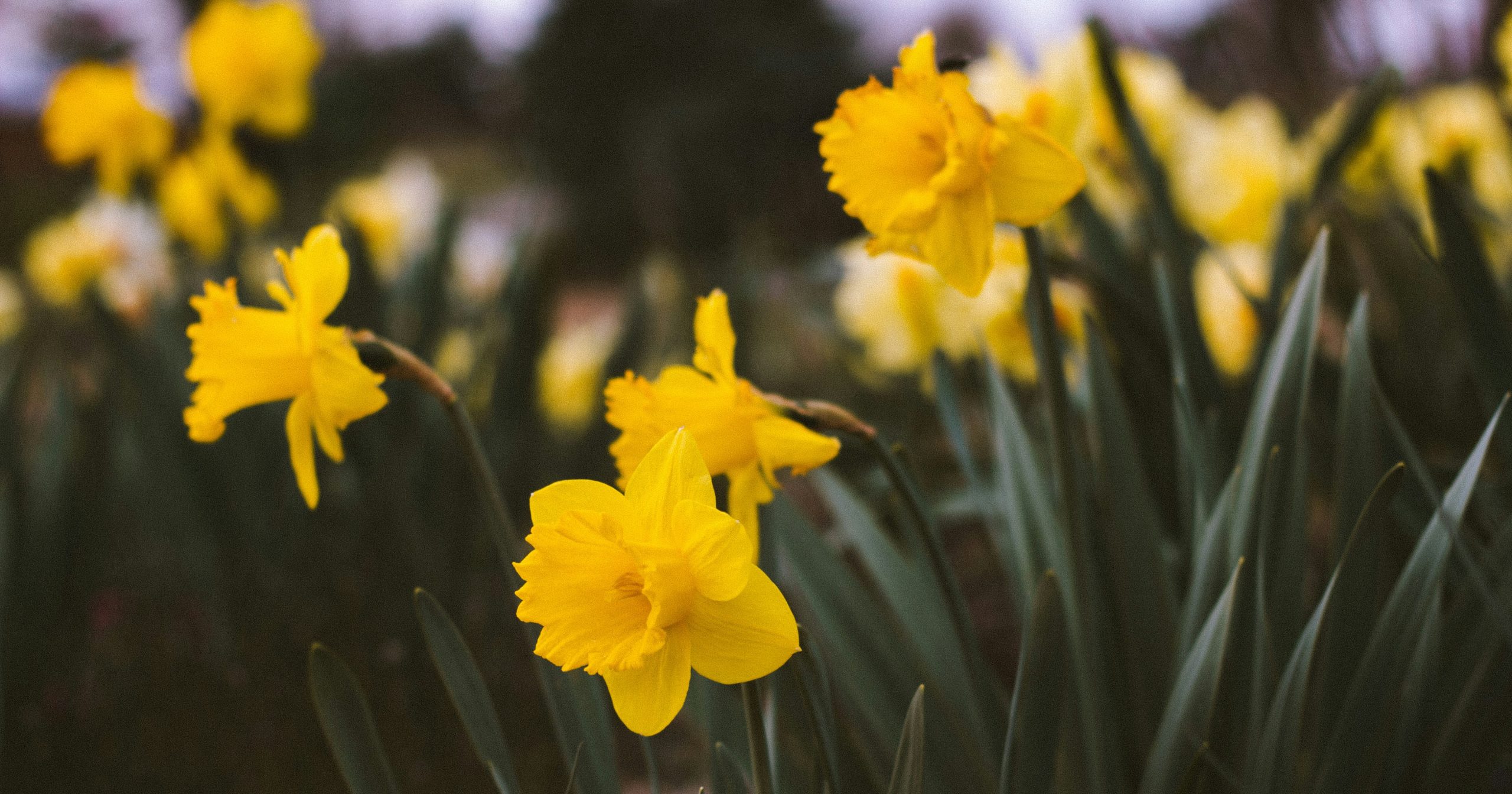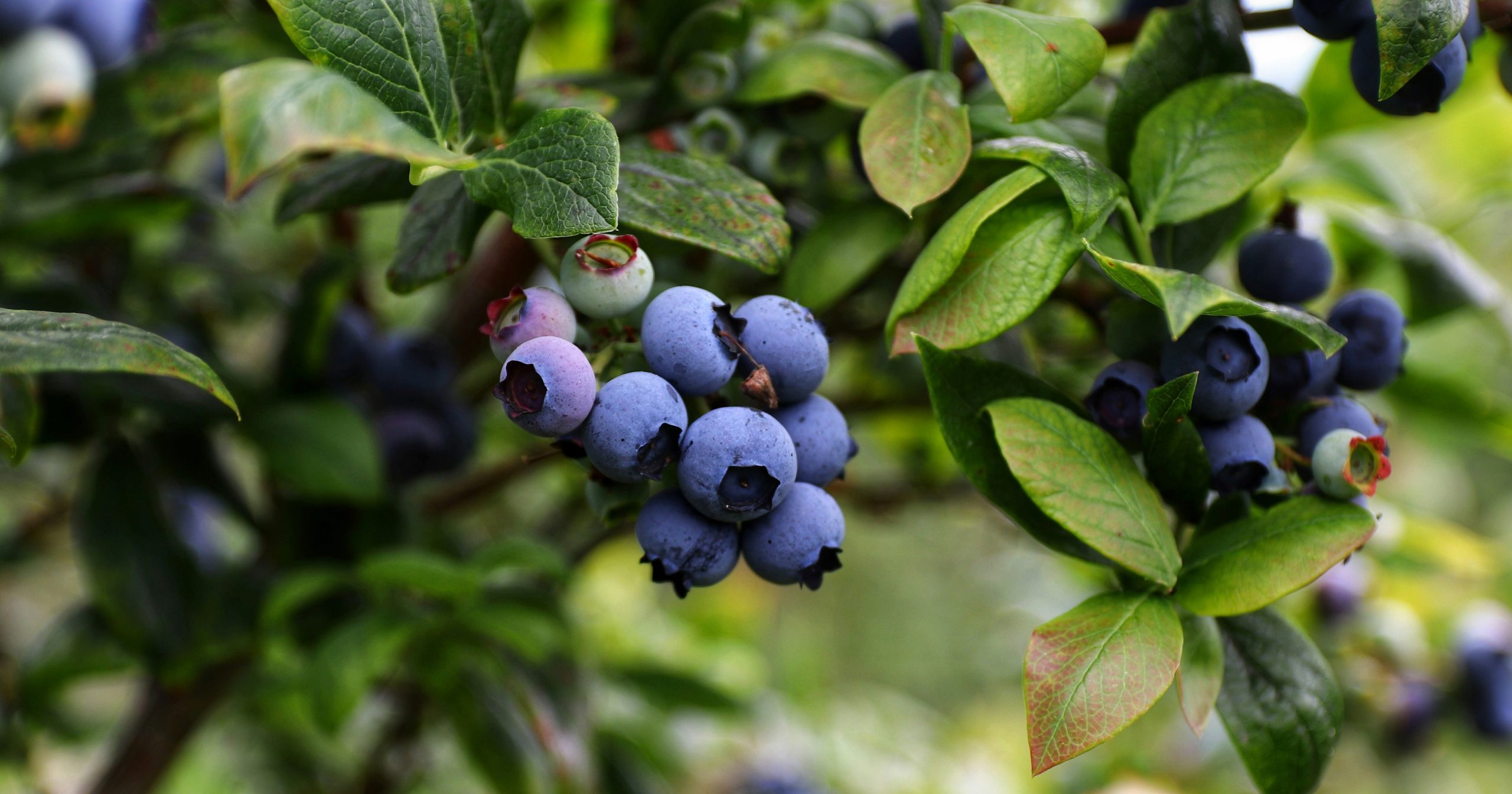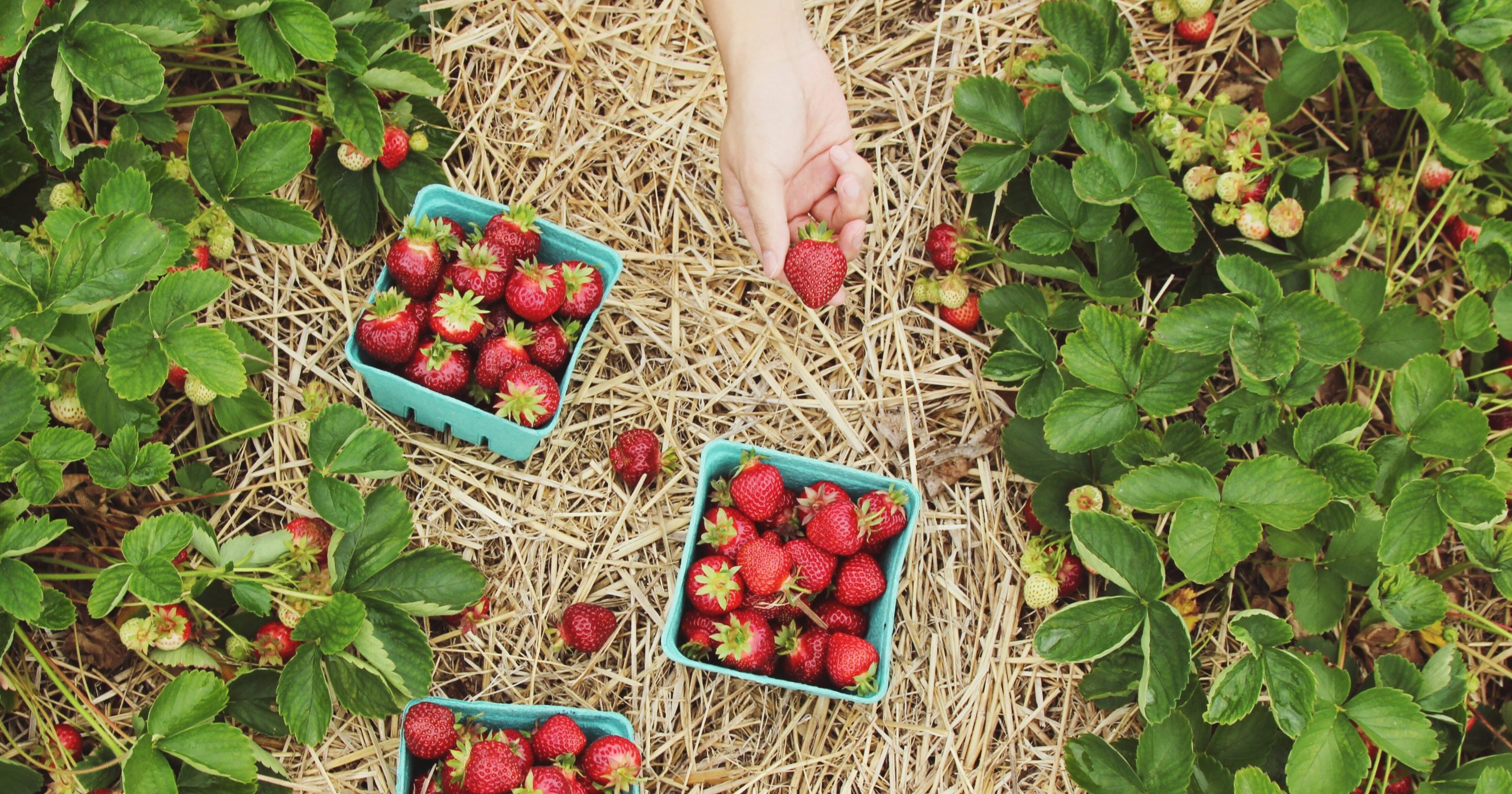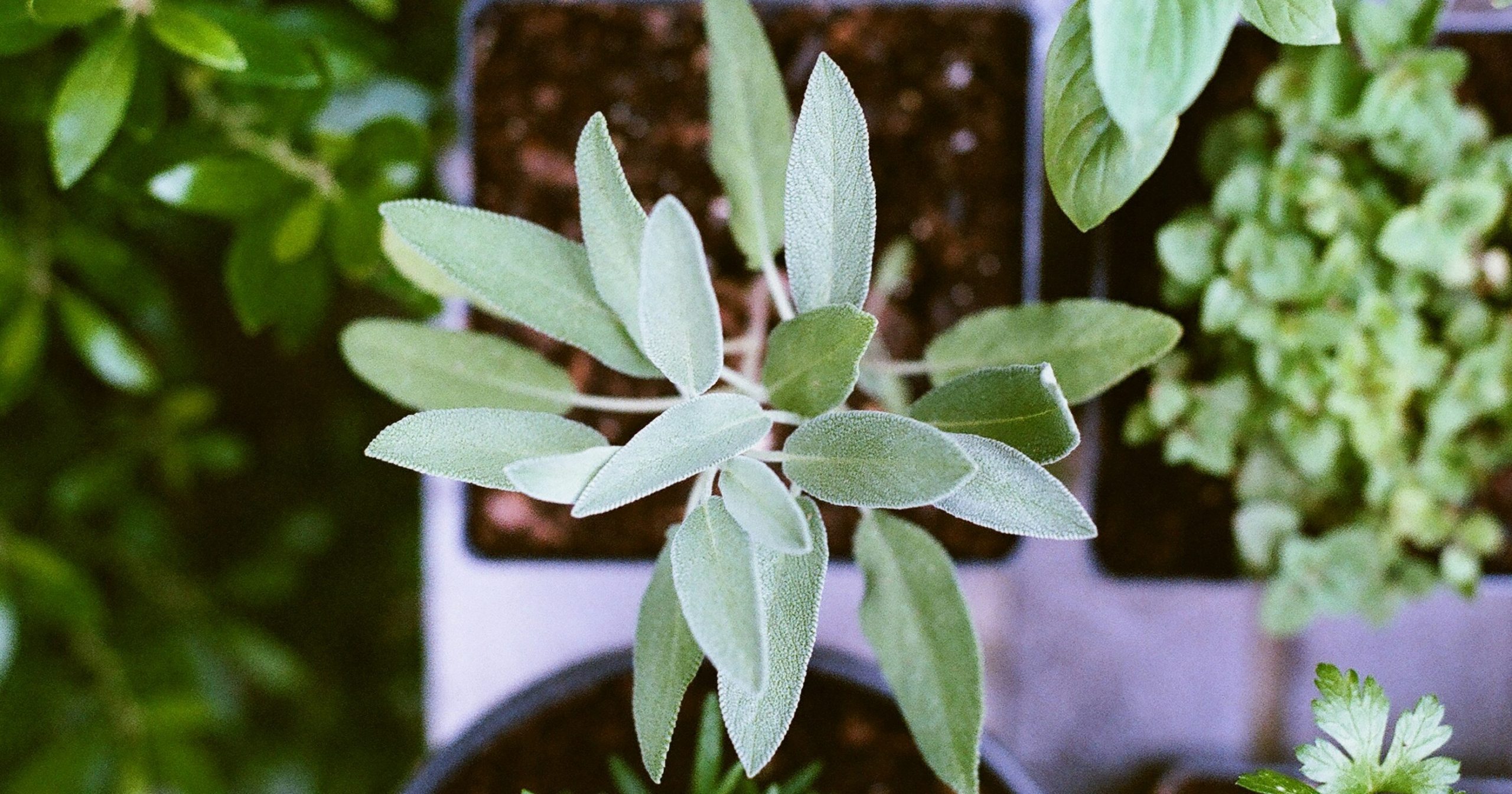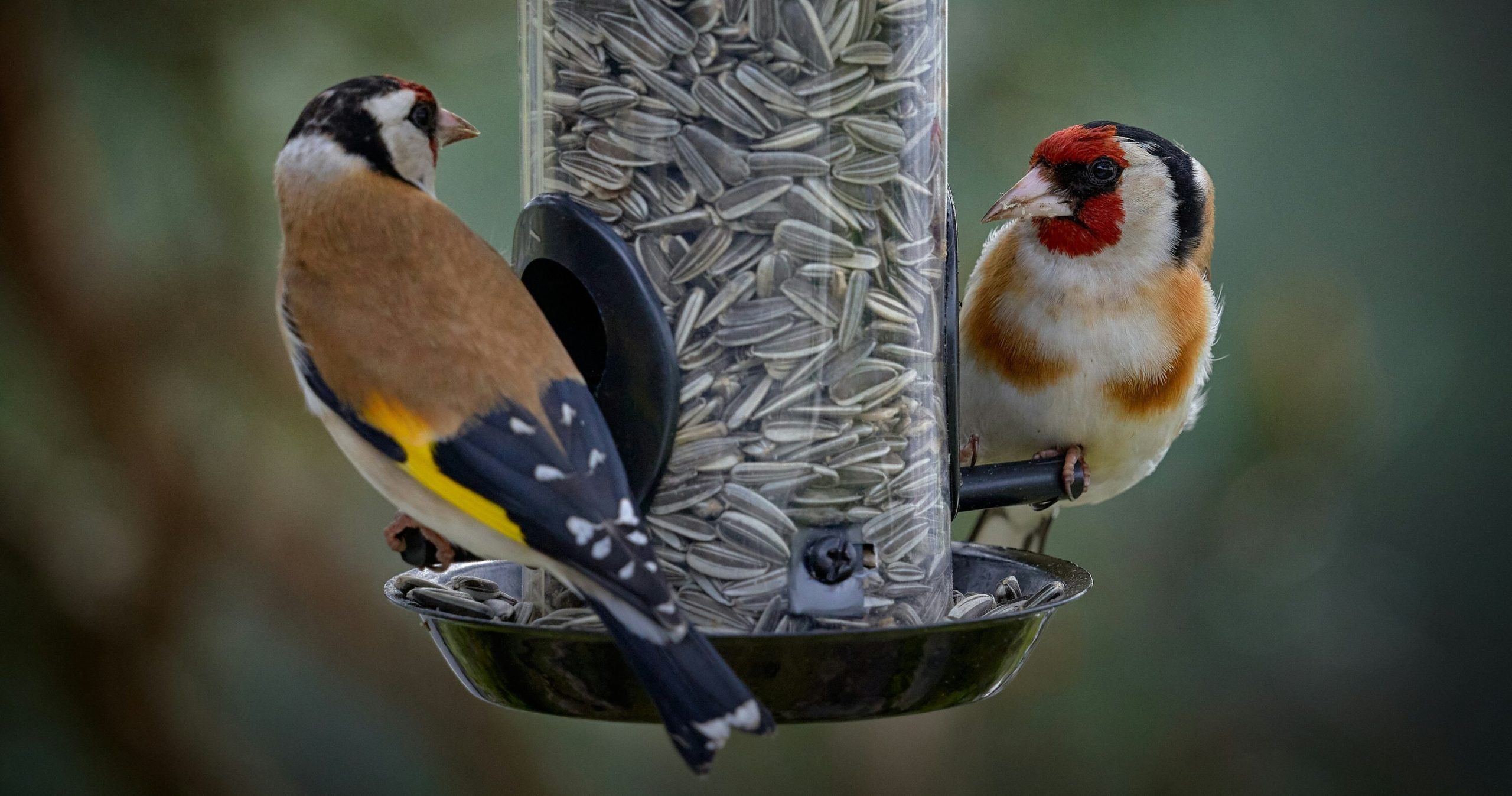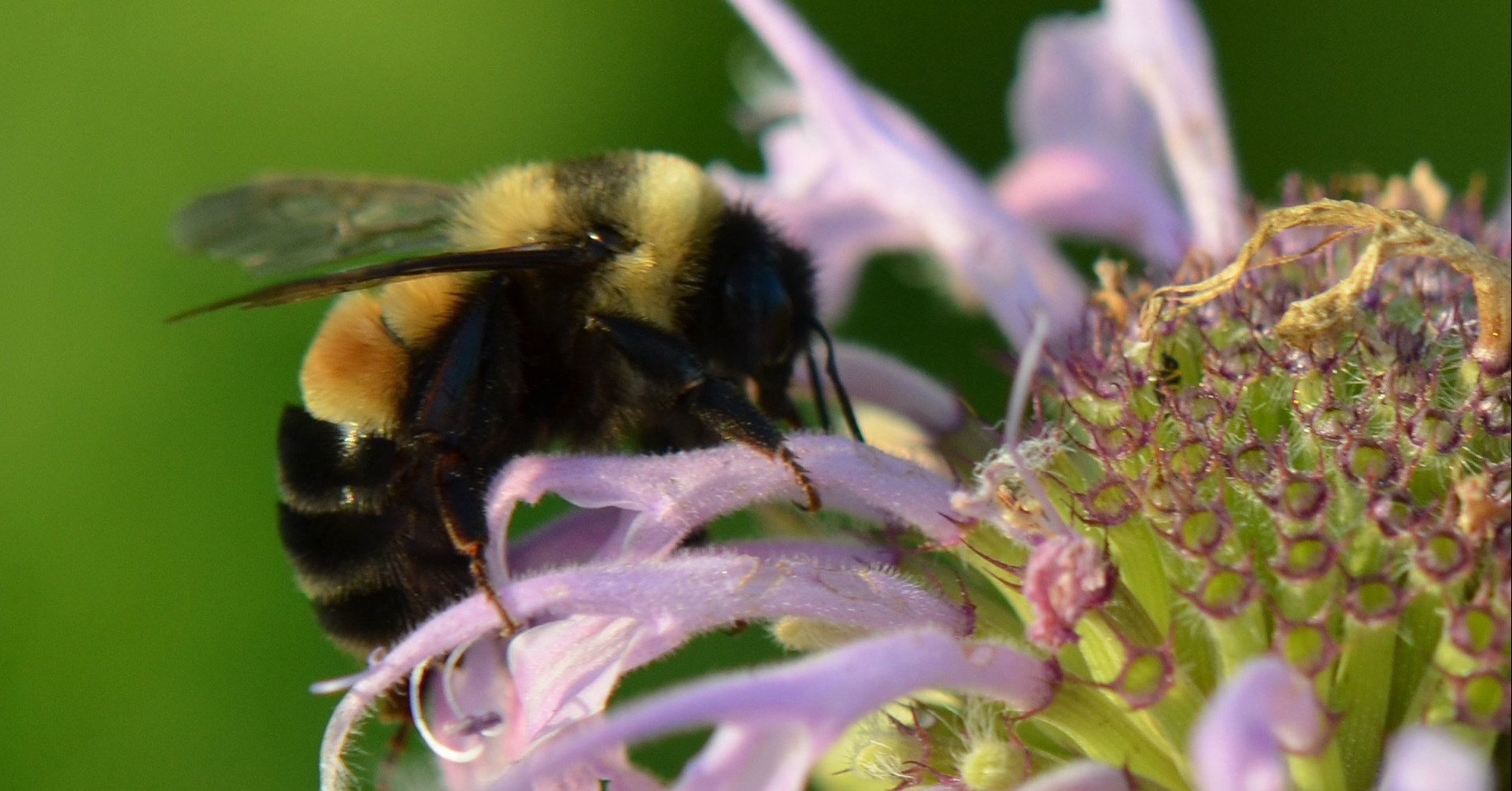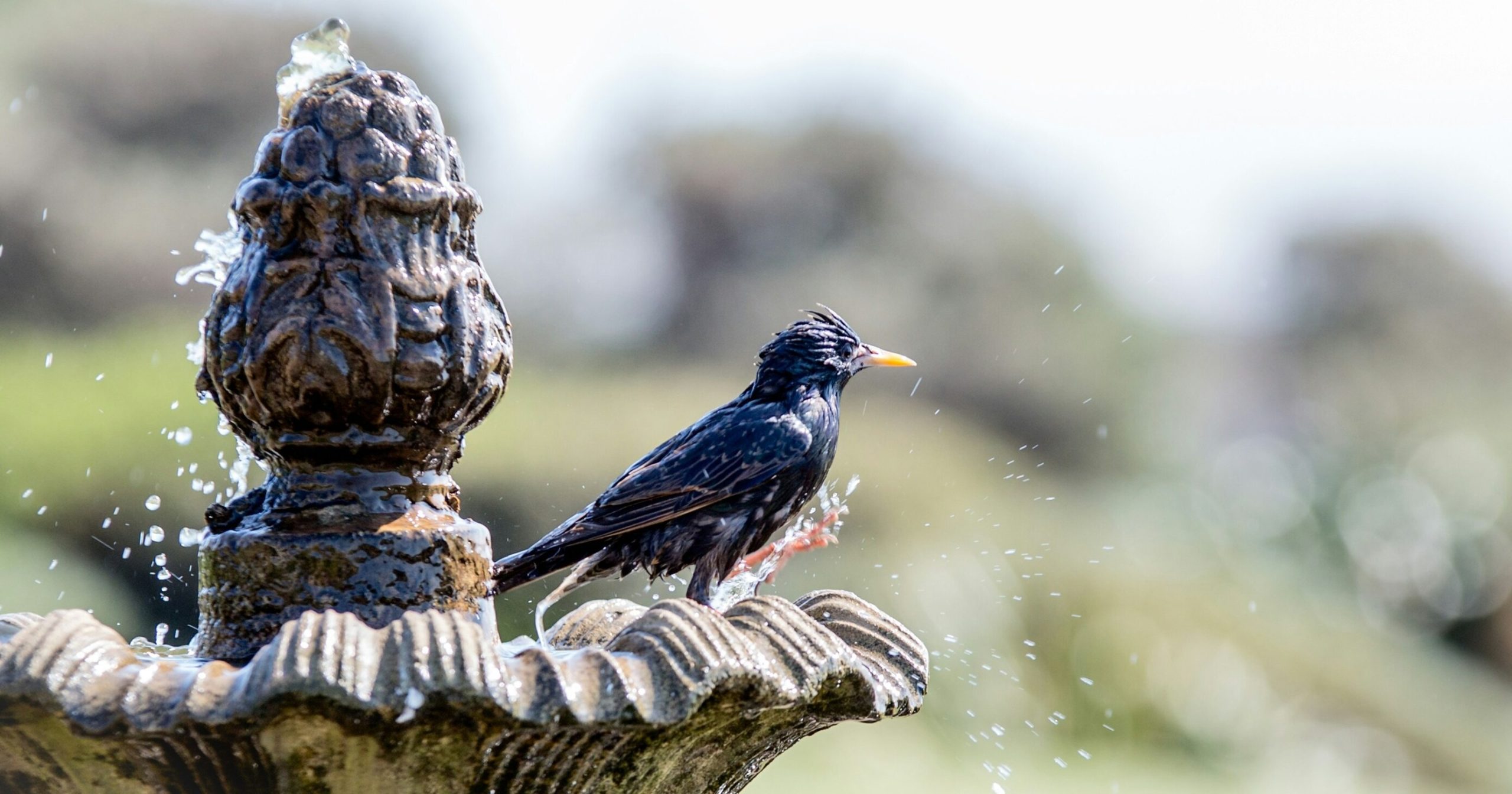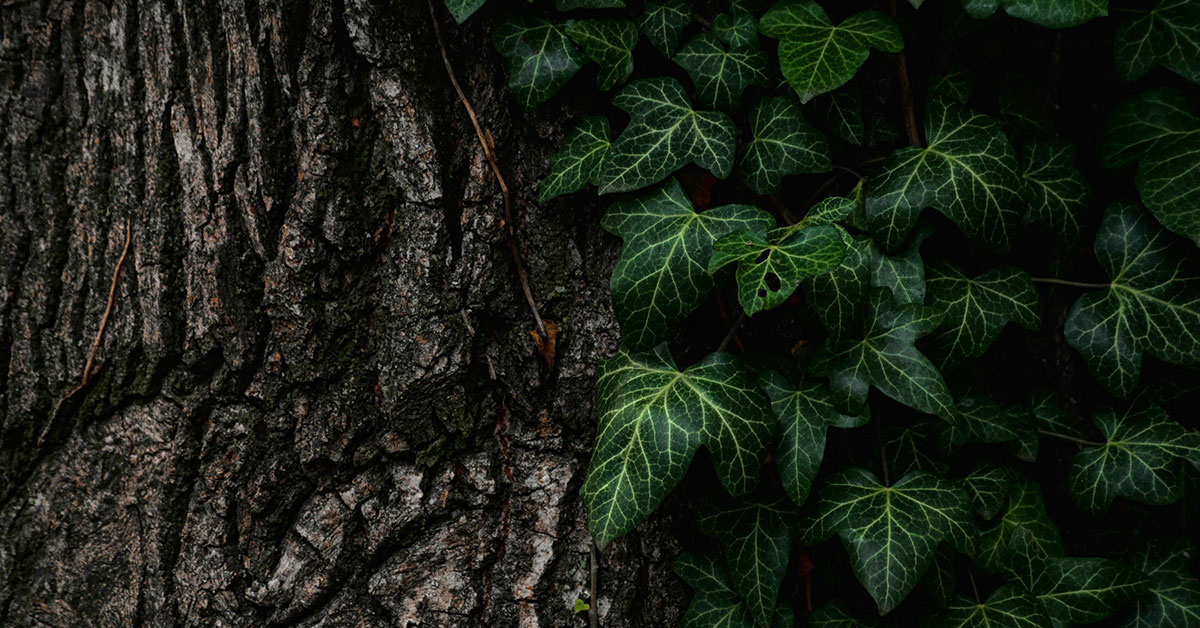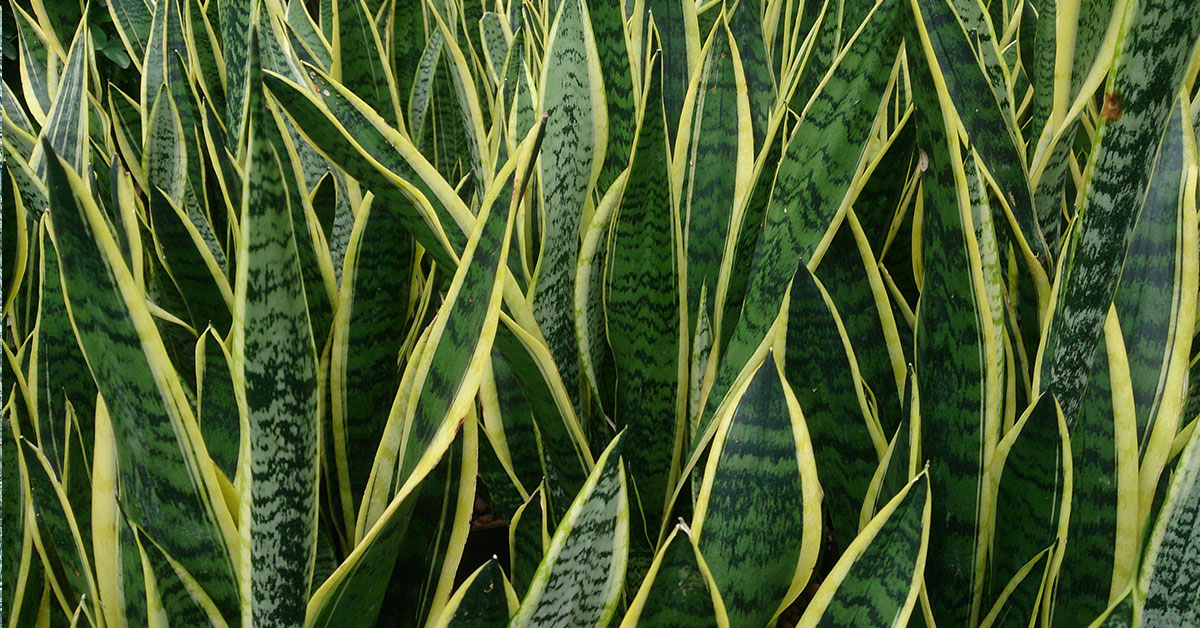Aphids can quickly damage your garden and plants, leaving them wilted and unproductive. These small insects are commonly found in gardens, and they feed on the sap of plants, leaving them weak and unable to grow. Fortunately, there are a variety of organic aphid control methods that can help you keep your garden and plants healthy.
Introduce Beneficial Insects
One of the most effective organic aphid control methods is introducing beneficial insects that feed on aphids. Ladybugs and lacewings are two insects that can help control aphid populations. These insects can be purchased online or at a garden center and released in your garden to naturally control aphids.
To attract ladybugs, plant pollen and nectar-rich flowers such as daisies, calendula, and marigolds. Ladybugs also need a source of water, so provide a shallow dish filled with fresh water. Ladybugs also need a place to rest and lay their eggs, so consider providing a shelter such as a ladybug house or simply leaving some leaf litter or small branches around the garden.
Read More: How To Attract Thousands Of Ladybugs To Your Garden
Use Organic Pesticides
Another way to control aphids organically is to use organic pesticides. These are made from natural ingredients and are safe for both your plants and the environment. Some examples of organic pesticides that are effective against aphids include neem oil, insecticidal soap, and garlic spray.
Prune Infected Plant Parts
If you notice aphids on your plants, prune the infected parts of the plant to prevent the aphids from spreading. This can be especially helpful if you catch the infestation early. Be sure to dispose of the pruned parts of the plant away from your garden, as aphids can still survive and spread.
Spray with Water
Aphids can be easily dislodged from your plants by spraying them with a strong stream of water. This can be done with a hose or a spray bottle. Be sure to spray both the tops and bottoms of the leaves where aphids often gather.
Use Companion Planting
Certain plants can help deter aphids from your garden. Some of the best companion plants for aphid control include mint, chives, and marigolds. Planting these alongside your vulnerable plants can help keep aphids away.
Keep Your Garden Clean
A clean garden can help prevent aphids from establishing a population. Be sure to remove weeds and dead plant material regularly, as these can provide shelter and food for aphids. Additionally, keep your garden well-watered and fertilized, as healthy plants are more resistant to aphids and other pests.
There are many organic aphid control methods that can help you keep your plants healthy and productive. By introducing beneficial insects, using organic pesticides, pruning infected plant parts, spraying with water, using companion planting, and keeping your garden clean, you can prevent aphids from damaging your garden and enjoy a bountiful harvest.
